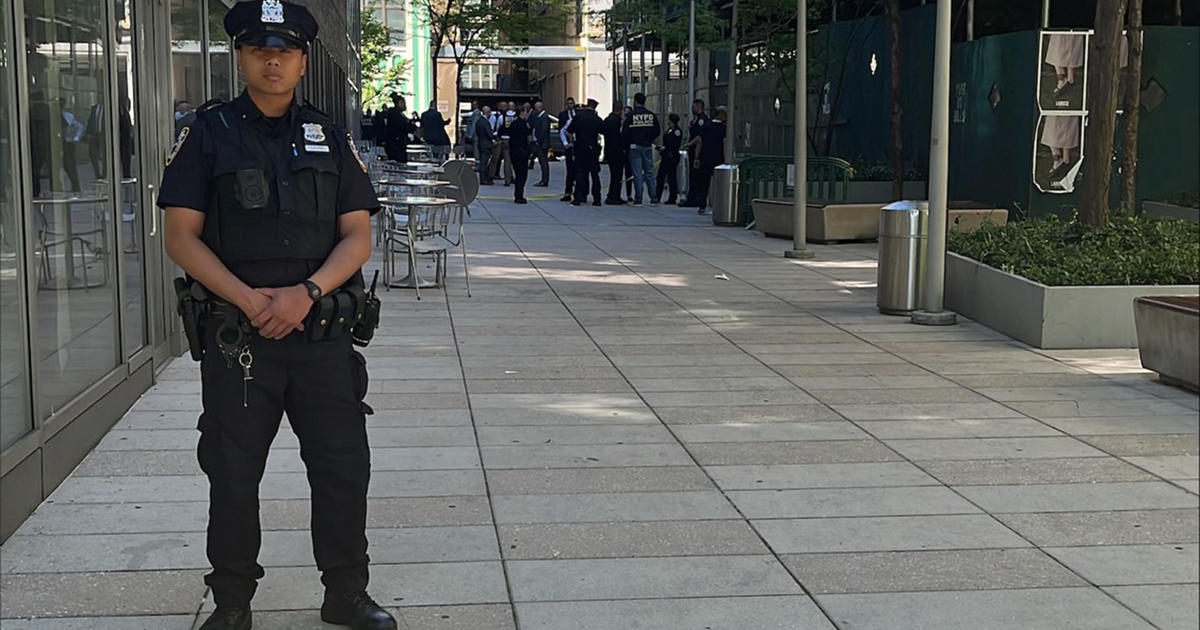Experts: Painkillers May Be Especially Addictive, Dangerous For Teens
NEW YORK (CBSNewYork) -- Many parents encourage their children to play sports to get fresh air and be part of a team, but unfortunately, millions of kids end up seriously injured.
And as CBS2's Dr. Max Gomez reported, young athletes are often given powerful pain medication – and that can create a whole new set of problems.
From an early age, James Avitibile was a standout on the football field. But with the accolades came injuries for the star high school athlete.
"He fractured his collar bone, and you know, his dad took him to the local hospital. They sent him home with Oxycontin. We took him home and we made him take his medication, and thinking we were being good parents," said James' mother, Ann Ahearn-Avitibile. "And we underestimated the power that these drugs had."
James quickly became addicted to prescription pain pills and then heroin. He eventually died of an overdose in 2013 at the age of 26.
Ahearn-Avitibile has now lost two sons in the opioid epidemic.
"Never in a million years would I have thought this was my future, my present – never," she said.
Rehab specialist Peter Monaghan is seeing more cases of teen athletes struggling with addiction.
"They want to please the coach, they want to please the parents, they to get out on the field as soon as possible -- but are they fully ready, or are we just masking the pain?" Monaghan said.
One study found ten athletes are 50 percent more likely to abuse prescription painkillers than other teens.
Robert King, who broke his foot when he was a high school wrestler, was prescribed the painkiller Percocet.
"Once I started taking pills, I never really stopped," he said.
Some experts think it is because adolescent brains are not fully mature, especially the part of the brain that regulates reasoning and impulse control.
"If a teenager is prescribed narcotics for legitimate pain, they are much more likely to actually end up abusing it, again, because they don't have great decision making skills," said Dr. Malika Marshall.
Experts said parents need to challenge doctors on whether the drugs are really necessary, and if they are, to start with a small prescription and call for more in a few days if the child still needs pain relief.
And of course, parents should also keep track of every pill.



